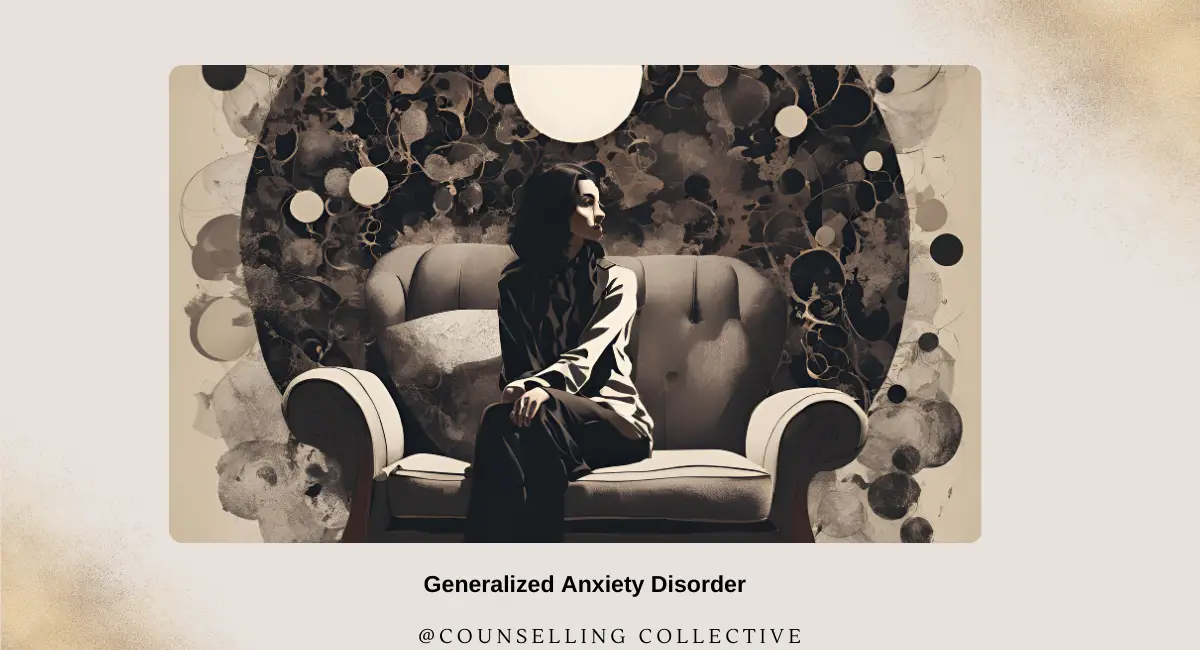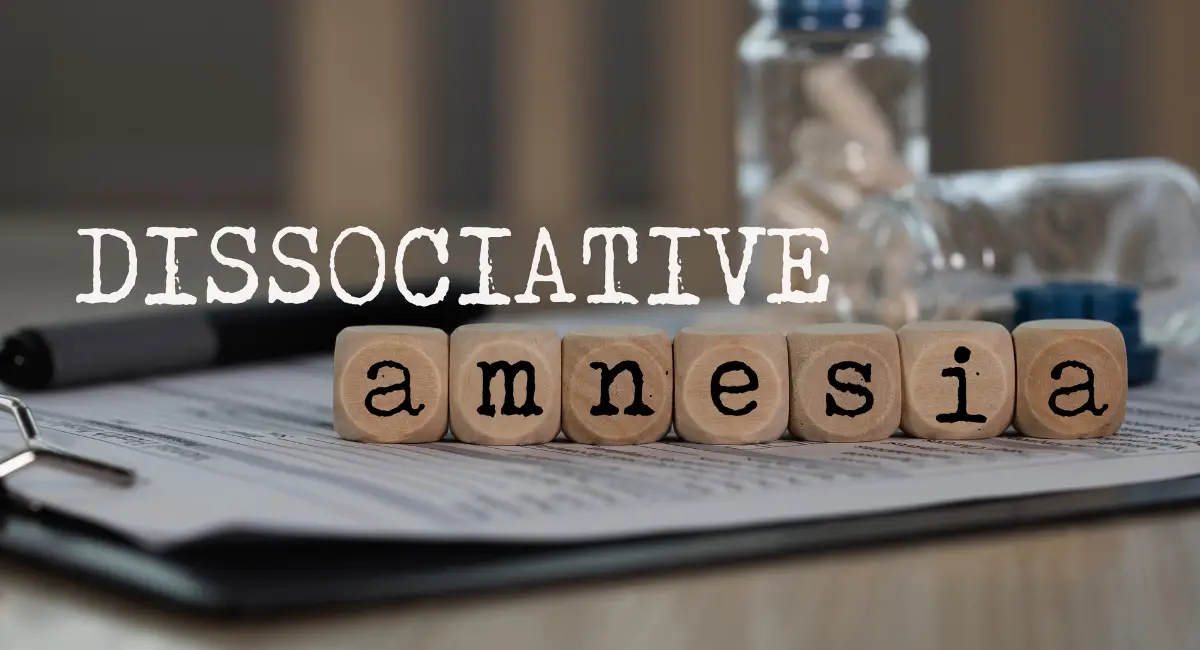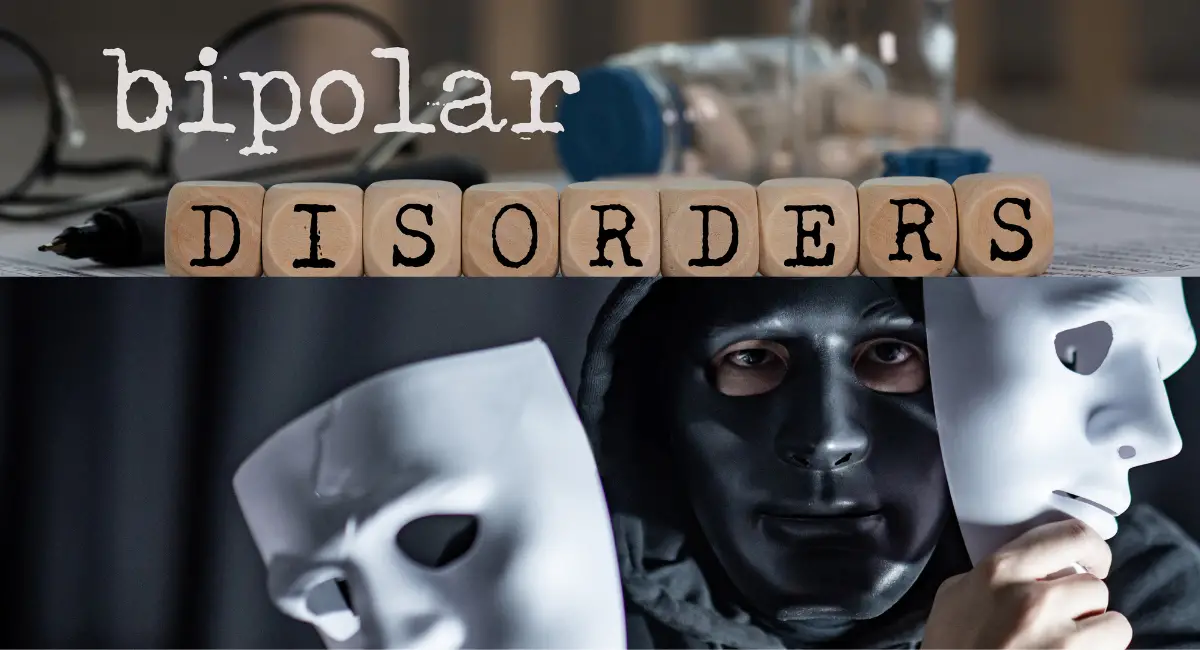
Gambling Disorder: Symptoms, Causes, and Therapy Options
Contents
Introduction
Gambling Disorder is a type of Substance related disorders. It is a condition characterized by the persistent and compulsive urge to gamble despite negative personal, social, financial, or occupational consequences. Individuals with Gambling Disorder often experience an uncontrollable need to engage in gambling activities, such as betting, playing casino games, or participating in lotteries, to the point where it disrupts their daily lives. The disorder is linked to significant emotional distress, financial problems, and interpersonal conflicts.
According to the Diagnostic and Statistical Manual of Mental Disorders, Fifth Edition (DSM-5), Gambling Disorder is considered a behavioral addiction because it shares many characteristics with substance use disorders, including compulsive behavior, tolerance, and withdrawal symptoms. This article explores the Symptoms, Causes, and Therapy Options for Gambling Disorder, highlighting how it affects individuals and how it can be treated.
Symptoms of Gambling Disorder
Gambling Disorder presents with a variety of psychological, emotional, and behavioral symptoms. Below is a table outlining the common symptoms of Gambling Disorder and examples of how they manifest:
| Symptom | Description/Example |
|---|---|
| Preoccupation with Gambling | The individual constantly thinks about gambling, including planning future gambling activities. For example, someone might frequently fantasize about winning large sums of money. |
| Need to Gamble with Increasing Amounts | Over time, the person requires higher stakes or more money to experience the same excitement. For instance, an individual may increase their bets from $50 to $500 to achieve the same thrill. |
| Inability to Stop | Repeated unsuccessful attempts to cut down or stop gambling, even when wanting to quit. A person may try to avoid casinos but find themselves drawn back. |
| Gambling to Escape Problems | The person uses gambling as a way to relieve stress, anxiety, or depression. For example, an individual may gamble after an argument or stressful day at work to cope with negative emotions. |
| Chasing Losses | After losing money, the individual returns to gambling to try to win back what was lost. This often leads to more significant financial losses. |
| Lying About Gambling | The individual may lie to friends, family, or therapists about the extent of their gambling to conceal the severity of the problem. |
| Risking Important Relationships | Gambling interferes with personal relationships or work obligations. For example, someone might miss important family events or neglect work responsibilities due to gambling. |
Types of Gambling Disorder
Gambling Disorder can present in varying degrees of severity, and individuals may engage in different types of gambling activities. The two primary categories of gambling behavior are problem gambling and pathological gambling.
1. Problem Gambling
Problem Gambling refers to gambling behavior that disrupts an individual’s personal, financial, or social life but may not meet the full diagnostic criteria for Gambling Disorder. Problem gamblers may experience financial stress, emotional distress, and relationship issues due to their gambling habits but may still be able to maintain some control over their behavior.
- Problem Gambling often serves as a warning sign of more severe gambling issues. Many problem gamblers escalate to Gambling Disorder as their ability to control their behavior diminishes over time.
- Individuals with Problem Gambling may not experience severe withdrawal symptoms but often engage in risky betting or gambling as a means of coping with stress or boredom.
John, a 30-year-old problem gambler, visits the casino several times a month. While his gambling doesn’t dominate his life, he occasionally misses bills and has experienced arguments with his spouse over money spent at the casino.
2. Pathological Gambling
Pathological Gambling is a more severe form of Gambling Disorder in which individuals lose the ability to control their gambling behavior. Pathological gamblers may engage in extreme behaviors, such as gambling with money they cannot afford to lose, taking out loans to fund gambling, or experiencing legal issues due to their gambling activities.
- Pathological Gambling is marked by psychological dependence on gambling, where individuals seek the thrill of betting or the hope of winning to compensate for emotional or financial distress.
- Pathological gamblers often develop tolerance, meaning they need to place increasingly larger bets to achieve the same sense of excitement, similar to substance addiction.
Sarah, a 45-year-old diagnosed with Pathological Gambling, gambles daily, often risking more money than she can afford. She has taken out several loans and maxed out credit cards to continue gambling, despite her deteriorating financial situation and mounting debt.
Causes and Risk Factors of Gambling Disorder
Gambling Disorder results from a combination of genetic, psychological, and environmental factors. Understanding the causes and risk factors helps inform effective treatment strategies.
Major causes that we will discuss, include: Genetic and Biological Factors, Psychological Factors, Environmental Factors:
1. Genetic and Biological Factors
Genetic predisposition plays a significant role in the development of Gambling Disorder. Individuals with a family history of addiction, whether to substances or behaviors, are more likely to develop gambling problems. Biological factors, particularly those involving the brain’s reward system, also contribute to the disorder.
- Dopamine dysregulation is a key factor in gambling addiction. Gambling activates the brain’s reward system by triggering the release of dopamine, which creates feelings of pleasure. Over time, the brain becomes reliant on this dopamine surge, leading to compulsive gambling behavior.
- Studies suggest that individuals with certain genetic variations may have a heightened sensitivity to dopamine, making them more vulnerable to gambling addiction.
John, diagnosed with Gambling Disorder, has a family history of addiction. His brain’s reward system responds intensely to the excitement of gambling, making it harder for him to quit despite negative consequences.
2. Psychological Factors
Mental health conditions such as depression, anxiety, and personality disorders are common risk factors for developing Gambling Disorder. Individuals may use gambling as a way to escape from negative emotions or to seek temporary relief from stress.
- Self-medication hypothesis suggests that individuals with untreated or poorly managed mental health conditions often turn to gambling as a coping mechanism. However, this behavior worsens their mental health over time, leading to a cycle of addiction.
- Gambling triggers intense emotional highs and lows, which can exacerbate existing mental health issues, including mood disorders and impulse-control disorders.
Sarah, diagnosed with Pathological Gambling, began gambling to cope with the stress of losing her job. Over time, her reliance on gambling to escape her emotional pain developed into a full-blown addiction.
3. Environmental Factors
Environmental influences such as access to gambling venues, peer pressure, and exposure to gambling during childhood or adolescence can significantly impact the likelihood of developing Gambling Disorder. Social environments where gambling is normalized can increase the risk of addiction.
- The availability of gambling venues, such as casinos, online gambling platforms, and lotteries, makes gambling accessible to a wide audience. Easy access to gambling increases the likelihood of developing an addiction.
- Social modeling plays a role in gambling behavior. Individuals who grow up in households or peer groups where gambling is common are more likely to engage in and develop problematic gambling habits.
Michael, who developed Gambling Disorder, grew up in a household where betting on sports and playing poker was a regular activity. His early exposure to gambling normalized the behavior, making it difficult for him to recognize his own addiction later in life.
Therapy and Treatment Options for Gambling Disorder
Treatment for Gambling Disorder typically involves a combination of behavioral therapies, psychotherapy, and support groups. Below are key therapy and treatment options for managing Gambling Disorder.
1. Cognitive Behavioral Therapy (CBT)
Cognitive Behavioral Therapy (CBT) is one of the most effective treatments for Gambling Disorder. CBT helps individuals recognize the thought patterns and triggers that lead to gambling and develop healthier ways to manage stress, anxiety, and emotional distress.
- CBT focuses on identifying the cognitive distortions that contribute to gambling behavior, such as the belief that winning is due to skill rather than chance. By challenging these beliefs, individuals learn to change their gambling habits.
- Relapse prevention is a core component of CBT, teaching individuals how to manage cravings and avoid high-risk situations where they may be tempted to gamble.
John, diagnosed with Gambling Disorder, participates in Cognitive Behavioral Therapy (CBT) to better understand the underlying reasons behind his compulsion to gamble, especially during stressful times. Gambling has become his primary way of coping with anxiety, frustration, or pressure, but through therapy, he begins to recognize that these feelings are often the triggers for his gambling urges.
2. Motivational Enhancement Therapy (MET)
Motivational Enhancement Therapy (MET) is designed to help individuals build motivation to reduce or stop gambling. MET is particularly useful for individuals who may not be fully committed to quitting or who feel ambivalent about seeking help.
- MET focuses on exploring the individual’s personal reasons for wanting to quit gambling and developing a plan for change. The therapist helps the individual resolve ambivalence about seeking treatment and commit to recovery.
- MET is often used alongside CBT to enhance the individual’s motivation and improve treatment outcomes.
Sarah, initially hesitant to stop gambling, begins Motivational Enhancement Therapy (MET) as part of her treatment plan to address her gambling addiction. MET is a client-centered, goal-oriented approach that helps individuals explore and resolve their ambivalence about changing harmful behaviors. In Sarah’s case, her initial hesitation stems from uncertainty about the impact of quitting gambling and her lack of motivation to make significant changes.
3. Support Groups
Support groups such as Gamblers Anonymous (GA) provide a supportive, non-judgmental environment for individuals recovering from Gambling Disorder. These groups offer peer support, accountability, and shared experiences that help individuals stay focused on their recovery goals.
- Gamblers Anonymous follows a 12-step program similar to Alcoholics Anonymous (AA), emphasizing personal responsibility, spiritual growth, and community support. Peer support is essential for maintaining long-term recovery.
- Support groups provide individuals with a sense of community and help them feel less isolated in their struggle with gambling addiction.
Michael attends Gamblers Anonymous (GA) meetings regularly as part of his recovery journey from gambling addiction. GA is a 12-step program designed to help individuals struggling with compulsive gambling by providing a supportive environment where they can share their experiences, challenges, and progress with others facing similar issues.
4. Contingency Management (CM)
Contingency Management (CM) is a behavioral therapy that uses positive reinforcement to encourage individuals to reduce or stop gambling. Participants receive rewards for meeting specific treatment goals, such as attending therapy sessions or abstaining from gambling.
- CM is based on the principle of positive reinforcement, where individuals are rewarded for achieving milestones in their recovery, such as remaining gamble-free for a certain period. These rewards help motivate individuals to stay committed to their treatment.
- CM is often used in combination with other therapies, such as CBT, to provide additional motivation and support during recovery.
John participates in a Contingency Management (CM) program to help him overcome his gambling addiction. In this program, John is provided with rewards as positive reinforcement for his commitment to attending therapy sessions and abstaining from gambling. CM is a behavioral therapy approach that encourages individuals to engage in healthy behaviors by providing tangible rewards for achieving specific goals.
Long-Term Management of Gambling Disorder
Long-term management of Gambling Disorder requires ongoing therapy, support, and lifestyle changes. Key strategies for long-term management include:
- Continued Therapy: Ongoing participation in CBT or MET helps individuals maintain the skills they’ve developed during treatment and reduces the risk of relapse.
- Support Group Participation: Regular attendance at support groups, such as Gamblers Anonymous (GA), provides ongoing encouragement, accountability, and peer support.
- Relapse Prevention Planning: Developing a comprehensive relapse prevention plan, including identifying triggers and learning how to manage stress, helps individuals avoid returning to gambling behavior.
Conclusion
Gambling Disorder is a serious behavioral addiction characterized by the compulsive urge to gamble despite negative consequences. The causes of Gambling Disorder include genetic, psychological, and environmental factors. Treatment options such as Cognitive Behavioral Therapy (CBT), Motivational Enhancement Therapy (MET), Contingency Management (CM), and participation in support groups are essential for helping individuals reduce or stop gambling. Long-term management strategies, such as continued therapy and support group participation, are critical for improving recovery outcomes and quality of life for individuals with Gambling Disorder.
References
- American Psychiatric Association. (2013). Diagnostic and statistical manual of mental disorders (5th ed.). American Psychiatric Publishing.
- Petry, N. M. (2005). Pathological gambling: Etiology, comorbidity, and treatment. American Psychological Association.
- Miller, W. R., & Rollnick, S. (2013). Motivational interviewing: Helping people change (3rd ed.). Guilford Press.
- Shaffer, H. J., & Korn, D. A. (2002). Gambling and related mental disorders: A public health analysis. Annual Review of Public Health, 23, 171-212.
- Ladouceur, R., & Walker, M. (1996). Cognitive therapy for problem and pathological gambling. Journal of Gambling Studies, 12(4), 405-423.
- Grant, J. E., & Chamberlain, S. R. (2016). Clinical management of gambling disorder. The Lancet Psychiatry, 3(11), 1039-1048.
- Cowlishaw, S., Kessler, D., & Rickwood, D. (2012). Problem gambling in primary care: A review of the literature. Addiction, 107(8), 1402-1416.
- Slutske, W. S. (2006). Natural recovery and treatment-seeking in pathological gambling: Results of a longitudinal study. Addiction, 101(9), 1159-1168.
- Petry, N. M., Stinson, F. S., & Grant, B. F. (2005). The epidemiology of pathological gambling in the United States. Psychiatric Clinics of North America, 28(3), 575-585.
- Blaszczynski, A., & Nower, L. (2002). A pathways model of problem and pathological gambling. Addiction, 97(5), 487-499.
Explore Other Mental Health Issues








